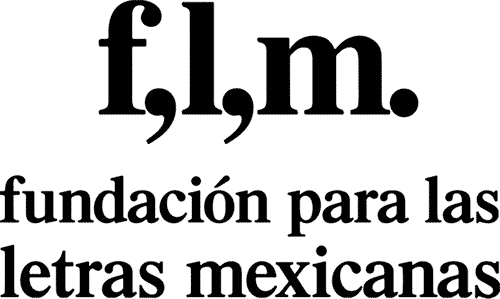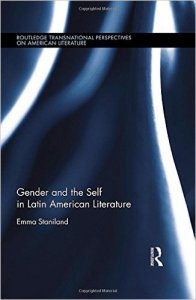This book explores six texts from across Spanish America in which the coming-of-age story ('Bildungsroman') offers a critique of gendered selfhood as experienced in the region’s socio-cultural contexts. Looking at a range of novels from the late twentieth century, Staniland explores thematic concerns in terms of their role in elucidating a literary journey towards agency: that is, towards the articulation of a socially and personally viable female gendered identity, mindful of both the hegemonic discourses that constrain it, and the possibility of their deconstruction and reconfiguration.
Myth, exile and the female body are the three central themes for understanding the personal, social and political aims of the Post-Boom women writers whose work is explored in this volume: Isabel Allende, Laura Esquivel, Ángeles Mastretta, Sylvia Molloy, Cristina Peri Rossi and Zoé Valdés. Their adoption, and adaptation, of an originally eighteenth-century and European literary genre is seen here to reshape the global canon as much as it works to reshape our understanding of gendered identities as socially constructed, culturally contingent, and open-ended
Myth, exile and the female body are the three central themes for understanding the personal, social and political aims of the Post-Boom women writers whose work is explored in this volume: Isabel Allende, Laura Esquivel, Ángeles Mastretta, Sylvia Molloy, Cristina Peri Rossi and Zoé Valdés. Their adoption, and adaptation, of an originally eighteenth-century and European literary genre is seen here to reshape the global canon as much as it works to reshape our understanding of gendered identities as socially constructed, culturally contingent, and open-ended
* Esta contraportada corresponde a la edición de 2016. La Enciclopedia de la literatura en México no se hace responsable de los contenidos y puntos de vista vertidos en ella.
MATERIAS RELACIONADAS



